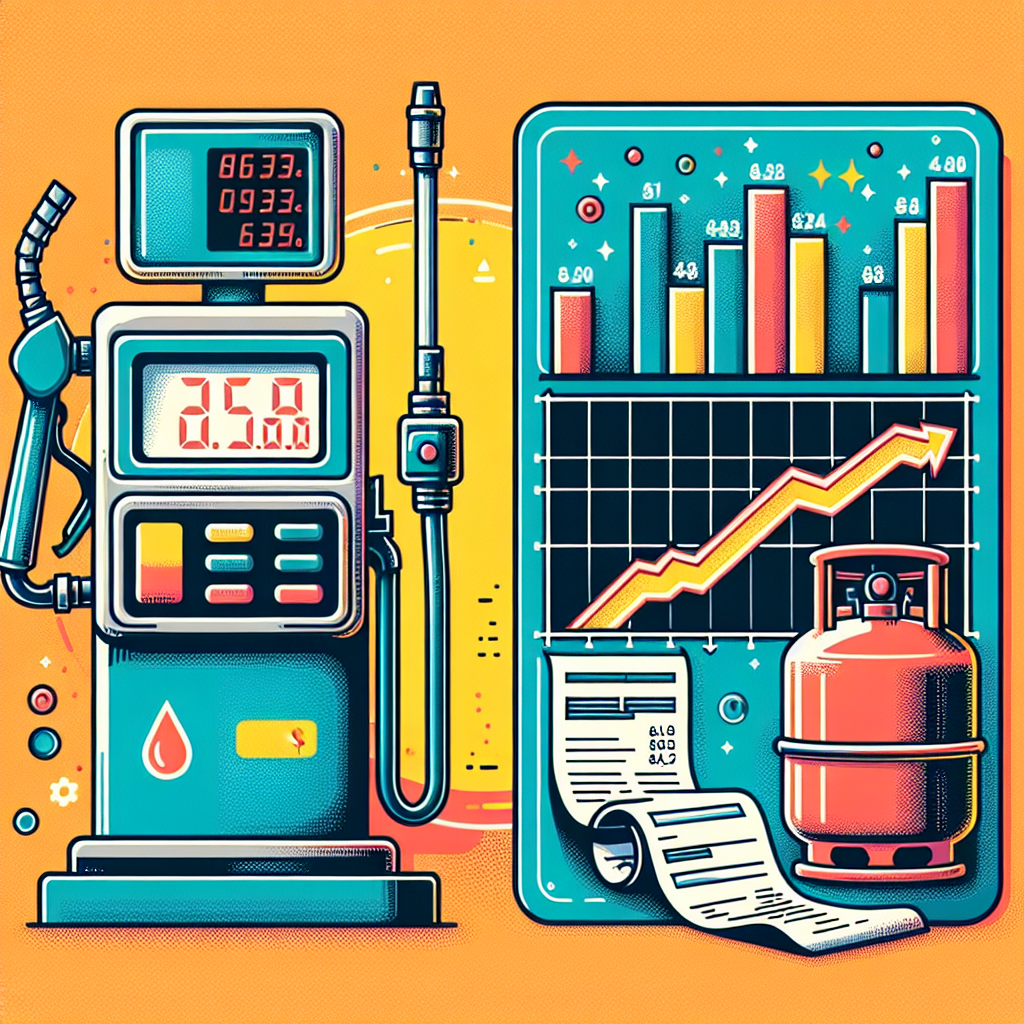Trump's Tariff Turmoil: Steel, Aluminum, and Economic Consequences
President Donald Trump has boosted U.S. tariffs on Canadian steel and aluminum imports to 50%, countering Ontario's 25% tariff on electricity exports. He demands removal of Canadian dairy tariffs and threatens car tariffs. The move affects financial markets and heightens recession fears.

In a significant escalation of trade tensions, President Donald Trump announced on Tuesday that the U.S. will double tariffs on steel and aluminum imports from Canada to 50%. This move comes as a direct response to Ontario's decision to impose a 25% tariff on electricity exports to the United States.
Trump, using his Truth Social media platform, has also called out Canada on its 'Anti-American Farmer Tariff' on U.S. dairy products, signaling the possibility of a National Emergency declaration regarding electricity. An increase in tariffs on car imports from Canada is also on the table.
This tariff hike has caused ripples in the financial markets, with the S&P 500 index dropping by almost 1.0%. Economists express concern over potential recession risks heightened by these tariff measures, leading to increased inflation uncertainty in the U.S. market.
(With inputs from agencies.)
ALSO READ
Panic and Fear Grips Iran Amid U.S. and Israel Attacks
India-Canada Relations See Positive Shift: A New Dawn in Bilateral Ties
Trump to Address Nation Amidst U.S. Strikes in Iran
Operation Epic Fury: U.S. Engages Iran in Major Combat
Missile Tensions: U.S. and Israel Engage Iran Amidst Ballistic Arsenal Concerns










